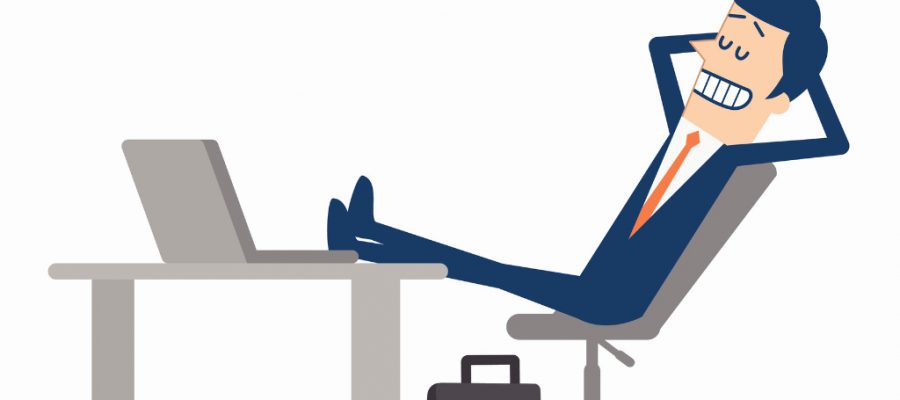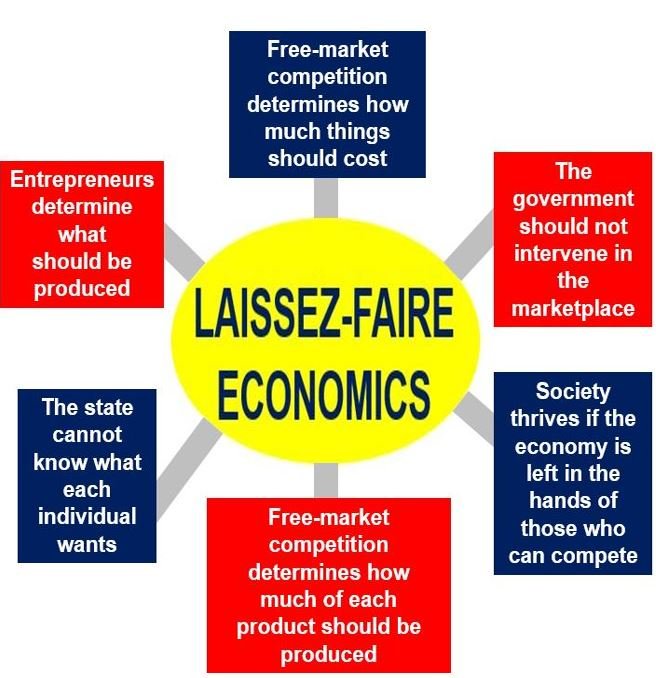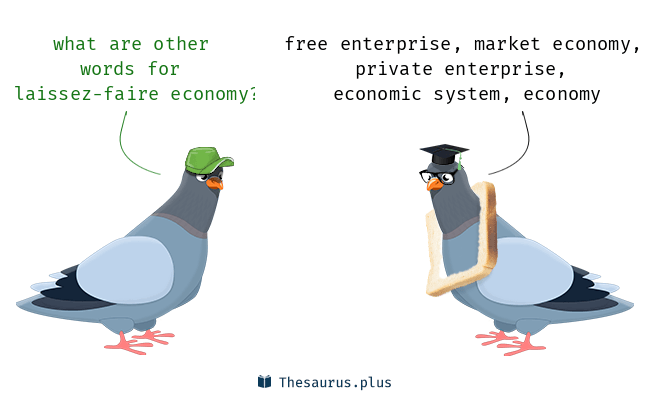
adjective
- of, relating to, or conforming to the principles or practices of laissez faire.
noun
- the theory or system of government that upholds the autonomous character of the economic order, believing that government should intervene as little as possible in the direction of economic affairs.
- the practice or doctrine of noninterference in the affairs of others, especially with reference to individual conduct or freedom of action.
noun
-
- Also called: individualismthe doctrine of unrestricted freedom in commerce, esp for private interests
- (as modifier)a laissez-faire economy
- indifference or noninterference, esp in the affairs of others
laissez faire, 1822, French, literally “let (people) do (as they think best),” from laissez, imperative of laisser “to let, to leave” (from Latin laxare, from laxus “loose;” see lax) + faire “to do” (from Latin facere; see factitious). From the phrase laissez faire et laissez passer, motto of certain 18c. French economists, chosen to express the ideal of government non-interference in business and industry. French for “Let (people) do (as they choose).” It describes a system or point of view that opposes regulation or interference by the government in economic affairs beyond the minimum necessary to allow the free enterprise system to operate according to its own laws.
 Liberal Dictionary English Dictionary
Liberal Dictionary English Dictionary



